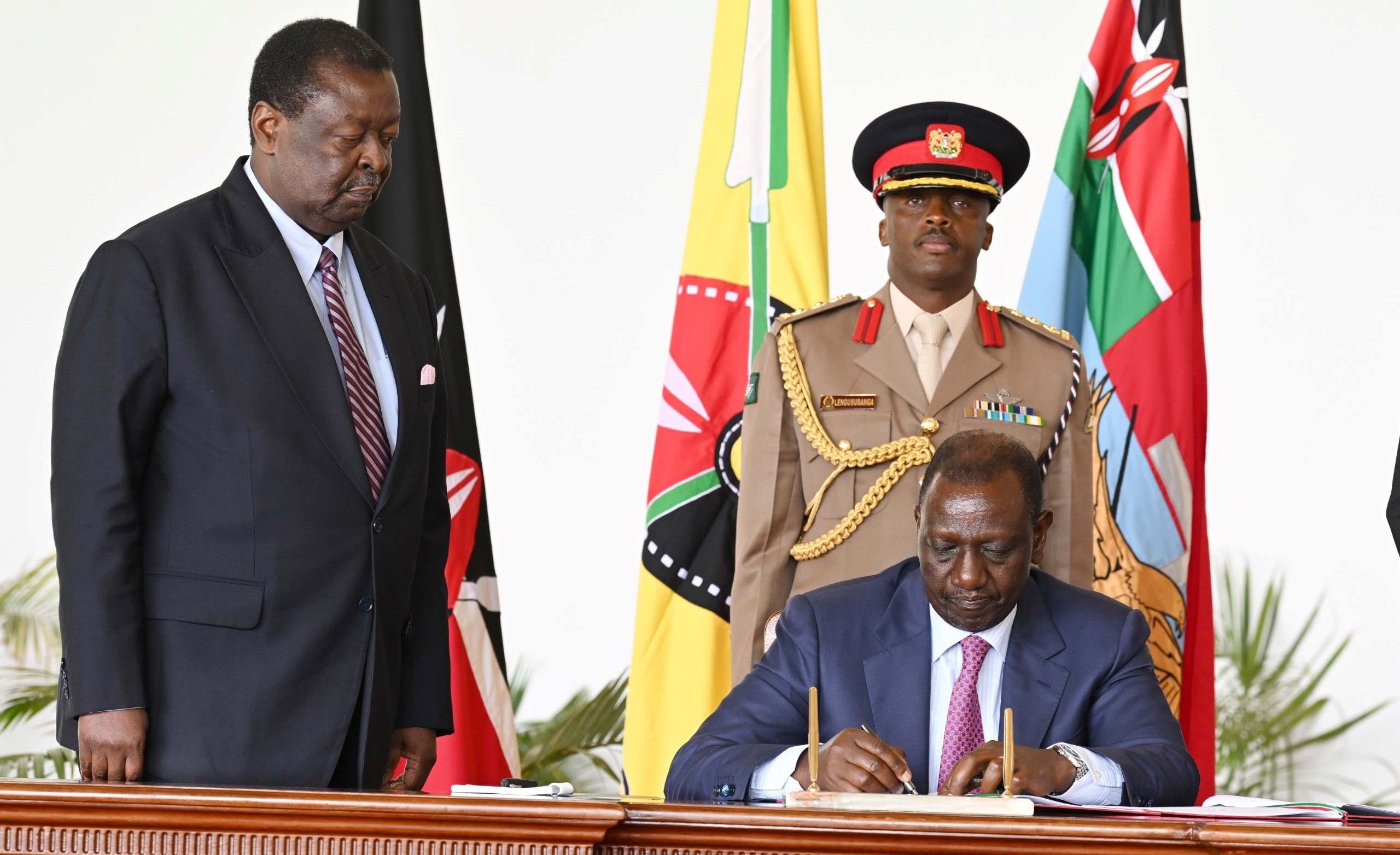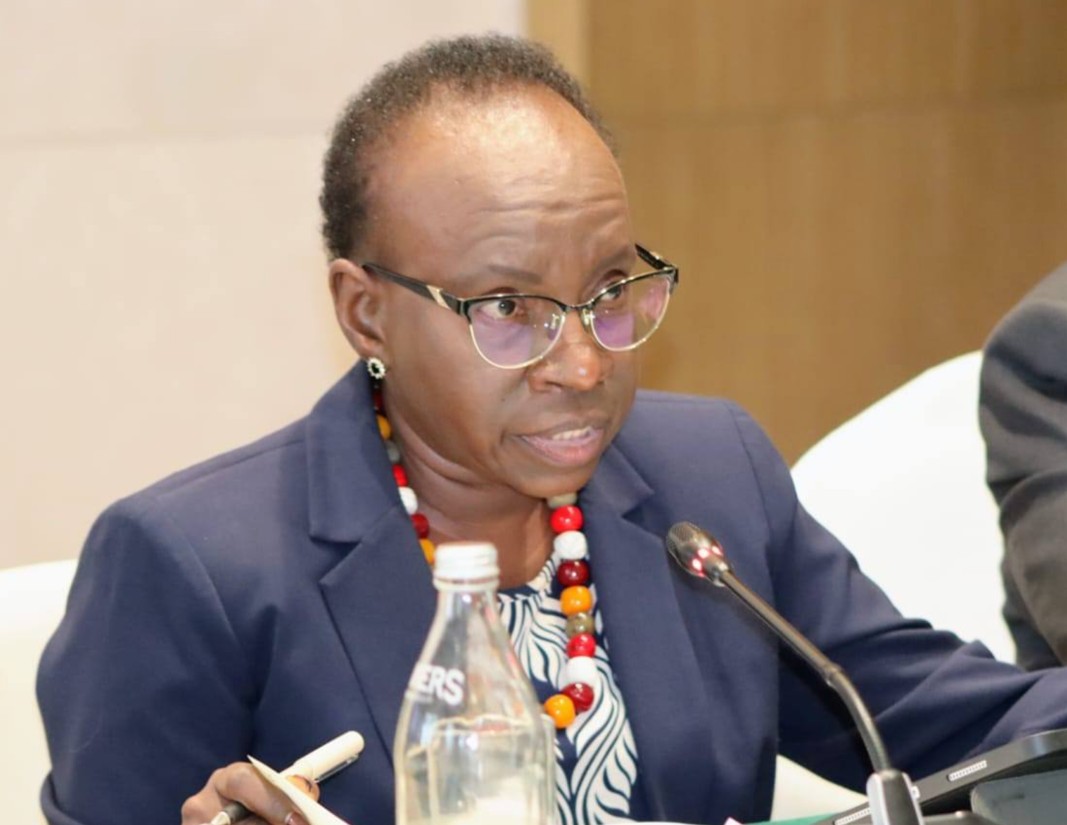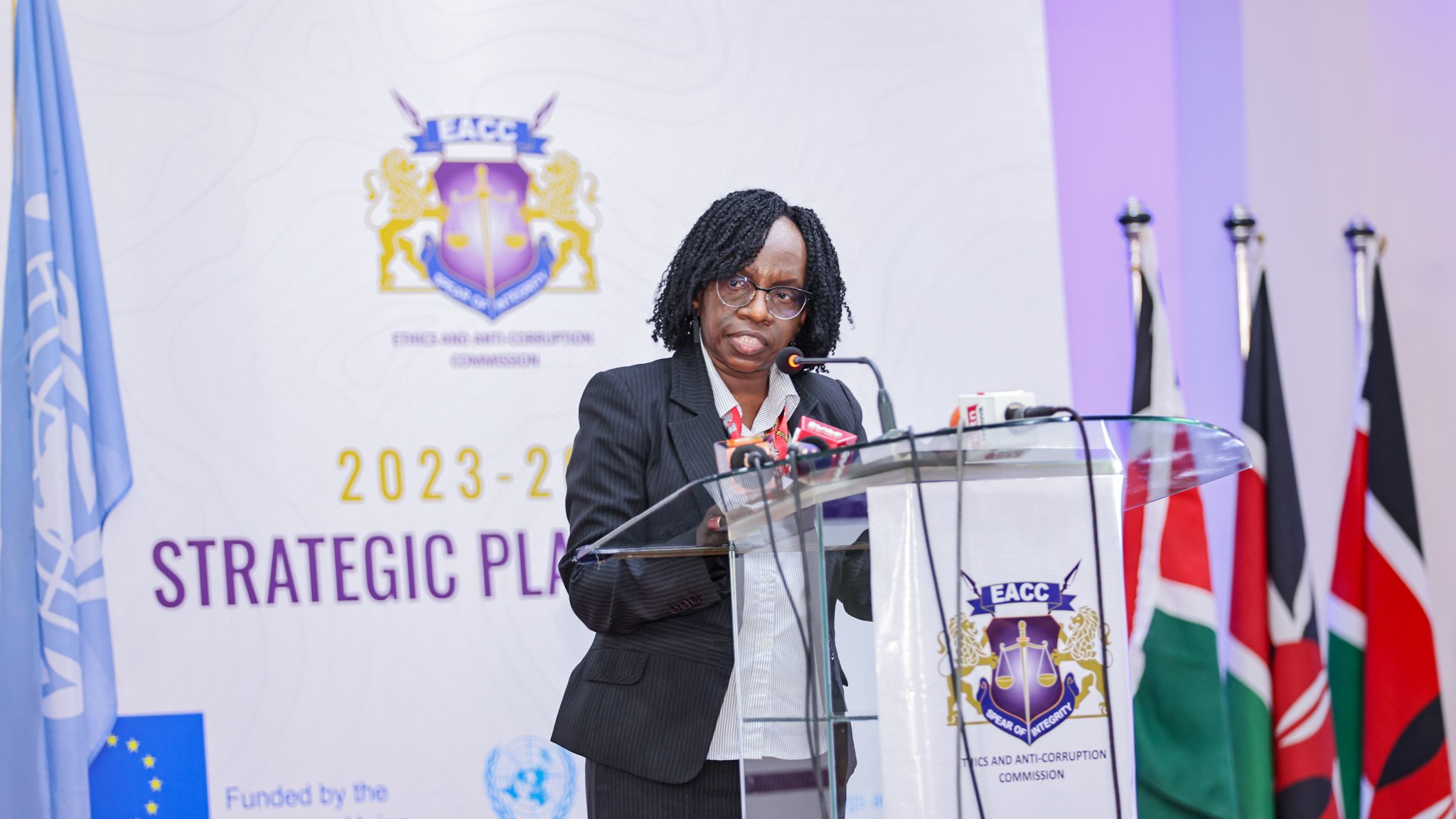New Bill to block political loyalists from parastatal boards

The Government-Owned Entities (GOE) Bill, 2025, currently before Parliament, seeks to introduce a merit-based selection process for board appointments, overseen by an independent panel under the National Treasury.
In a bid to maintain professionalism in State corporations, the government has proposed a new Bill to bar political party affiliates from serving on parastatal boards, signalling an end to the tradition of rewarding political loyalists with public appointments.
The Government-Owned Entities (GOE) Bill, 2025, currently before Parliament, seeks to introduce a merit-based selection process for board appointments, overseen by an independent panel under the National Treasury.
More To Read
- MPs give Uwezo Fund 14 days to explain audit failures as legislators mull merger
- Cabinet Secretaries announce fresh appointments to boards across state agencies
- Government freezes hiring, contract renewals across 42 state corporations amid restructuring plans
- Treasury targets Sh42 billion from parastatal surplus funds
- Six development authorities to be disbanded under government reform plan
- Uncertainty looms for 3,100 civil servants in sweeping parastatal reforms
President William Ruto’s administration has declared there will be no turning back on plans to block political losers from securing top appointments in State corporations. According to National Treasury Cabinet Secretary John Mbadi, the move is part of a wider reform strategy targeting the governance and performance of specific parastatals.
“The process is ongoing. Appointments to the boards are currently political, but we are keen on reforming the management of commercially viable state-owned parastatals. The appointments will be competitive and centralised under the National Treasury,” Mbadi said while addressing senators.
He explained that the GOE Bill proposes to disqualify individuals affiliated with political parties from holding board positions in entities that will now be referred to as government-owned enterprises.
In a significant departure from the current practice, the legislation will shift the responsibility for appointments from individual line ministries to the National Treasury and introduce a competitive and transparent recruitment process led by an independent panel.
“The objective is to replace political patronage with professionalism,” Mbadi said.
If enacted, the Bill will also empower parastatal boards to elect their own chairpersons from among independent members, unlike the current arrangement where the President appoints board chairs directly. The Bill further bars both chairpersons and independent directors from participating in any activity that may create a conflict of interest.
A Cabinet dispatch detailing the proposed reforms noted that individuals who have been affiliated with political parties within the past five years will be automatically disqualified from serving as directors in government-owned enterprises.
“A person is not qualified to be appointed as an independent director of a government-owned enterprise if that person has in the past five years been affiliated with a political party,” reads the Bill.
The reforms, approved by the Cabinet in June, seek to boost transparency, commercial viability and professionalism in the running of public enterprises. The GOE Bill also introduces a new category of parastatals, commercial state corporations to be known as government-owned enterprises, because of their strategic economic roles and revenue-generation capacity.
Kenya has more than 260 State corporations, but only a small fraction consistently generates profit. Commercial entities include Kenya Power, Kenya Ports Authority, Kenya Pipeline Company, Kenya Railways Corporation, Kenya Airports Authority and Kenya Electricity Generating Company.
A 2023 National Treasury report revealed that more than Sh300 billion was spent on bailouts for struggling parastatals over 10 years. Mbadi noted that the government is considering merging or dissolving non-commercially viable State agencies as part of the broader reforms.
Historically, appointments to parastatal boards have been used to reward political allies and election losers. The proposed law is designed to end this trend and bring professionalism to boardrooms.
Several 2022 election losers have already landed prestigious State positions. Among them is 2022 presidential candidate David Mwaure, who currently chairs the Board of Trustees of the National Environment Trust Fund.
Top Stories Today










































